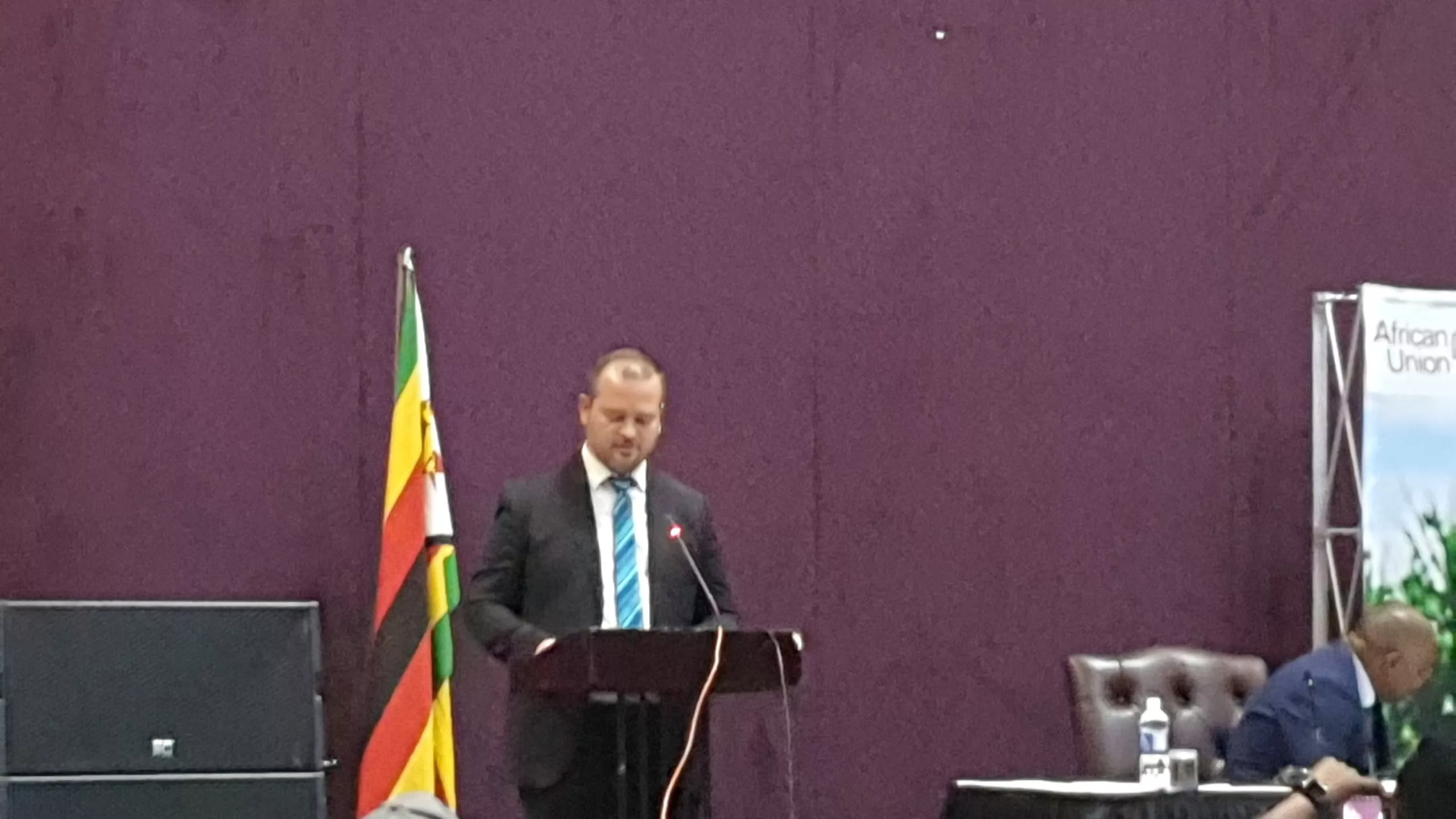|
Getting your Trinity Audio player ready...
|
Since the birth of the Comprehensive Africa Agriculture Development Programme (CAADP) through the Maputo Declaration of 2003 followed by the Malabo Declaration of 2014, tremendous progress has been made by the member states in transforming agriculture despite facing various challenges including the effects of climate change, pandemics, geo-political conflicts, and global recession, a senior government official has said.
“We have collectively implemented several measures to address some of the challenges faced under CAADP. One was the continuous engagement of the covered focal points at the national level, but also other stakeholders. We had to go as far as engaging the technical experts from the statistical agencies in the member states so that we could have a more robust team that would be able to provide the data that would be more accurate and inclusive.
“So we also had with our partners, AUC, and other technical partners, to do capacity building for the focal points. And then also the training specifically for the focal point for data collection. So to address the relevant issues and enhance the ownership, we have a more robust team,” he said.
Duncan Samikwa, a representative of the Southern African Development Community (SADC), said the regional economic community has aligned its regional agriculture policy to the Malabo commitments.
“We came up with the regional agriculture investment plan (RAIP) in 2017, which is what we are working on. We have been using it as a vehicle to implement and by extension, but also as a vehicle for resource motivation. Now, in terms of the objectives, they very much align, as I said. So we’ve got programs for improving agriculture and competitiveness, markets and trade, private sector investments, and then a reduction of social and economic vulnerability to natural disasters and climate change issues.
“We are using the regional agriculture investment plan to generate resources, which we are using in the main product. We’ve been successful. We’ve got quite several flagship programs that we run, one in climate change. We have come up with several projects in member states, including climate-smart agriculture,” Samikwa said.
SADC has funded programs in fisheries, and other multi-million dollar projects that have come up as a result of the strategy under the regional agriculture investment plan.






